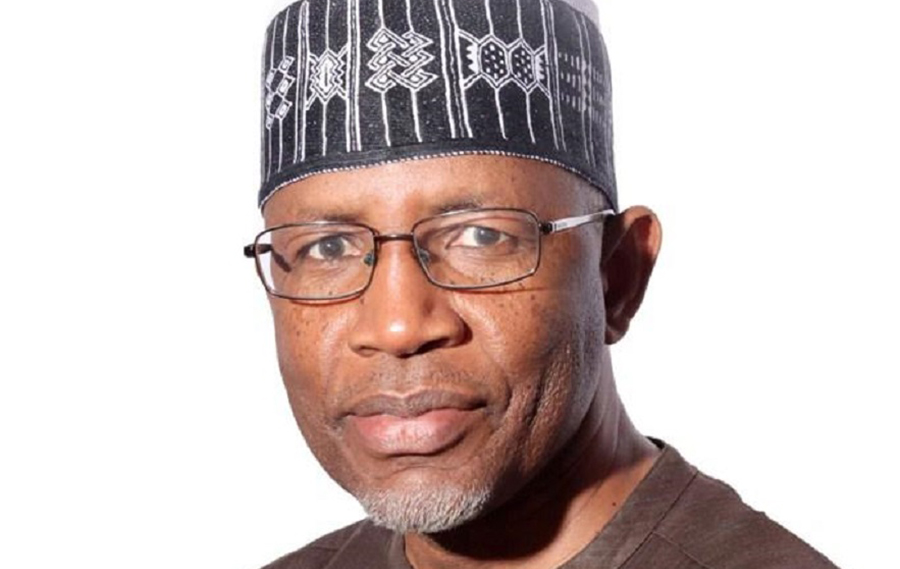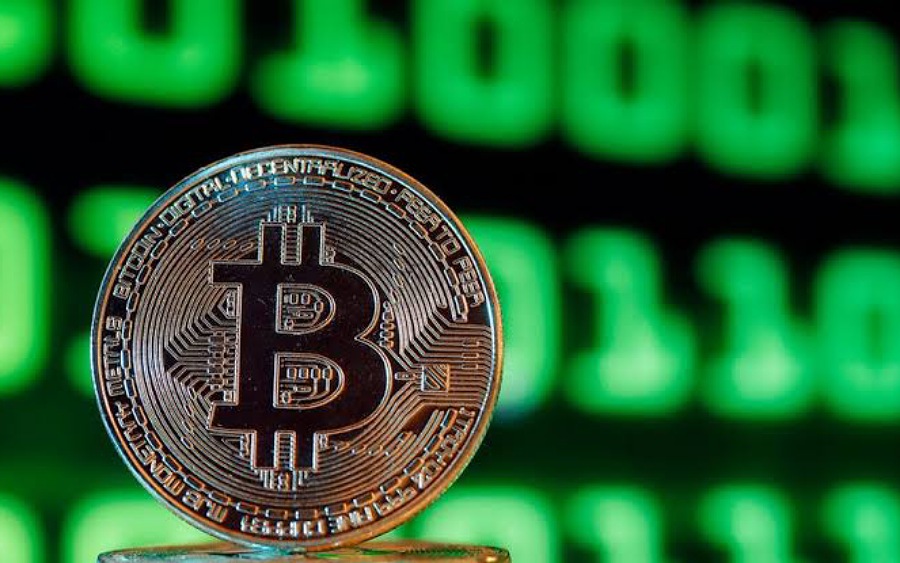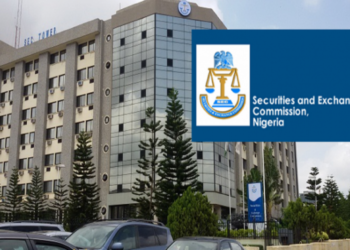Article Summary
- Nigeria’s Securities and Exchange Commission (SEC) is distancing itself from Bitcoin and other popular digital assets such as Ethereum, BNB, and XRP, and will only encourage investment in “sensible digital assets.”
- The SEC is considering allowing tokenized coin offerings on authorized digital asset exchanges backed by equities, debt, or property but not cryptocurrency.
- The SEC won’t begin licensing digital asset exchanges until it comes to a deal with the country’s central bank, which has forbidden local financial institutions from working with crypto service providers. Despite opposition from central banks, new legislation is underway that could allow cryptocurrencies to be used as investment capital, and Nigeria remains one of the largest digital currency markets in the world.
Nigeria’s Securities and Exchange Commission (SEC) recently declared that it will only encourage investment in “sensible digital assets,” distancing itself from Bitcoin and other popular digital assets like Ethereum, BNB, and XRP.
According to a Bloomberg story on Monday, Nigeria’s SEC is considering allowing tokenized coin offerings on authorized digital asset exchanges that are backed by equities, debt, or property but “not cryptocurrency.”
Chief of securities and investment services at the Abuja-based commission, Abdulkadir Abbas, is quoted as saying, “We always like to start, as a regulator, with a very simple clear proposal before we go into the complex ones.”
SEC Nigeria is also considering applications for digital exchanges on a trial basis, with the goal of putting them through a year of “regulatory incubation” with limited services given and under SEC supervision to assess the firms’ suitability to supply services. By the tenth month, Abbas told Bloomberg, “We should be able to decide whether to register the firm, extend the incubation period, or even ask the firm to stop operating.”
The SEC won’t begin licensing digital asset exchanges until it comes to a deal with the country’s central bank, which has forbidden local financial institutions from working with crypto service providers, the article claims. Nigeria was one of the region’s fastest-growing cryptocurrency users before the central bank tightened its stringent policies.
Despite opposition from central banks, there have been attempts to bring cryptocurrencies within the realm of regulation, and new legislation is underway that could allow cryptocurrencies to be used as investment capital.
Bloomberg reports that the SEC has announced that its upcoming regulatory framework will exempt “virtual currencies.” This framework is designed to enhance the trading of digital assets and protect investors.
Nigeria has a tumultuous history when it comes to digital currencies. According to Paxful data, the West African country is Africa’s largest digital currency market and accounts for the largest trading volume outside the United States. Chainalysis ranked Nigeria 11th in the world this year, ahead of the UK and Indonesia.
However, the Central Bank of Nigeria has banned financial institutions from servicing digital asset businesses, similar to a ban once imposed by the Reserve Bank of India. The government has also made indirect moves to curb the adoption of digital currencies, such as the “Naira 4 dollar scheme” designed to incentivize mainstream remittance channels.
This banking services ban is the main reason the SEC wants nothing to do with digital currencies. “We don’t necessarily see cryptocurrencies as digital assets that really protect investors,” they added.
The SEC released its Digital Asset Guidance last May, but since then questions have arisen as to whether it covers digital currencies like Bitcoin. The guidance described Initial Coin Offerings (ICOs), segregation of customer assets, custody, key generation and management, and other important aspects in detail, but the distinction between “crypto” and digital assets was very unclear.























